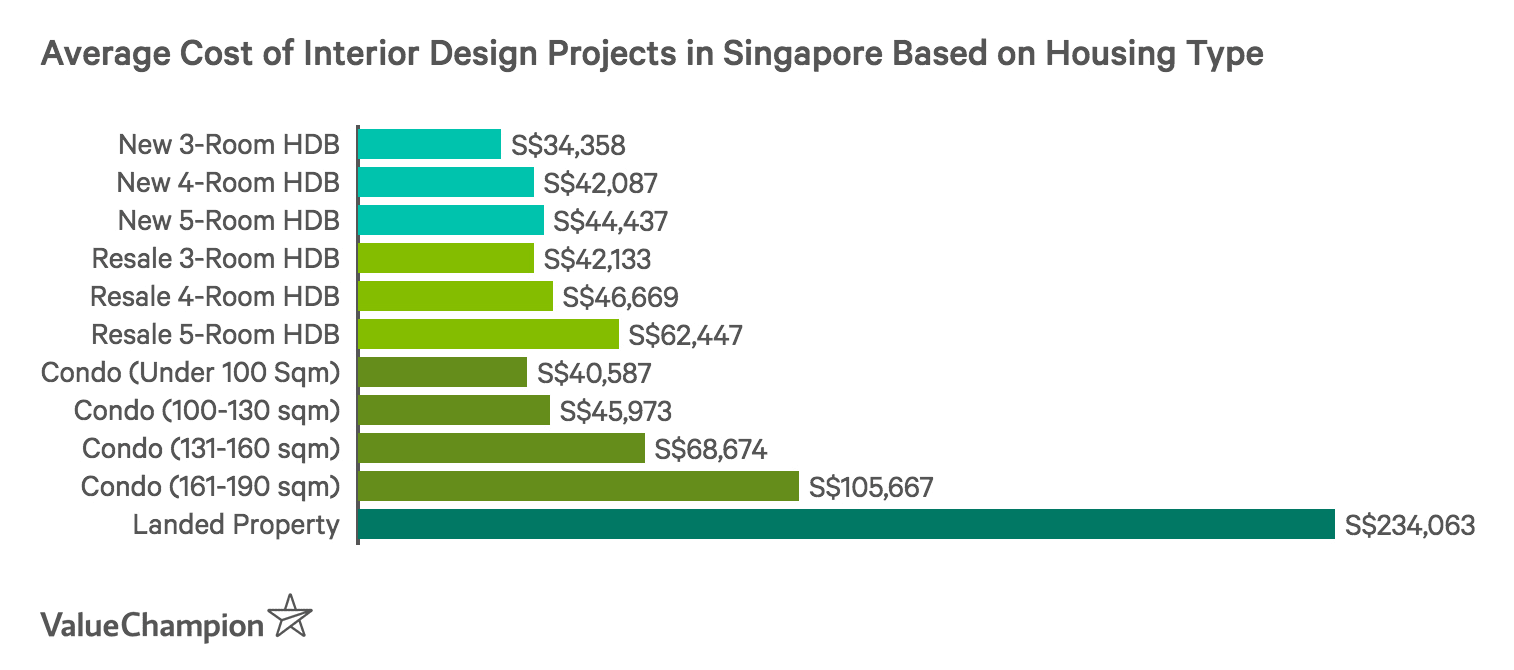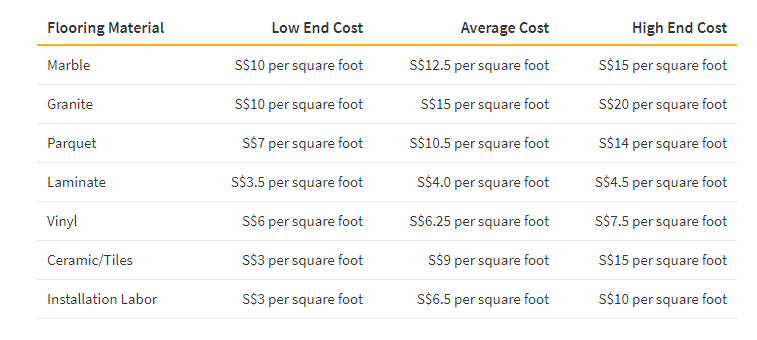Should you pick a contractor or interior designer for your home renovation?

With the renovation cost of a resale HDB hovering around $55,000 , to say that home renovation in Singapore is expensive is a massive understatement. Many Singaporeans are therefore open to skipping the interior designers – and going straight to various contractors – to save on renovation costs.
That said, not every homeowner is suited to go down the DIY route. While undeniably costlier, interior designers do bring their own set of benefits to the table.
With each choice (i.e. interior designer or contractors) associated with their respective pros and cons, how do you pick between the two? We explore below.
An interior designer is someone who coordinates and manages your renovation project. They’re able to conceptualise design ideas specific to your lifestyle, oversee the entire project (including sourcing for and liaising with contractors), and go furniture and material shopping with you to ensure a harmonious theme throughout the house.
A contractor, on the contrary, is only responsible for executing the renovation work you request (e.g. demolishing, hacking, tiling). They do not offer design advice – and typically only chime in on matters relating to the structural integrity of the house.
ALSO READ: 10 bold, boundary-breaking interior designers in Singapore to spruce up your home
Depending on your requirements, your hired contractor may need to outsource the work to subcontractors (e.g. electricians, plumbers, and painters), whom you will need to liaise with as well.
Interior designers provide a design plan before commencing works, including floor plans and 3D renderings so that you can visualise the finished state of your house. Thus, they're a great option if you want someone else to handle the design of your flat.
They take on the task of liaising with the various contractors and subcontractors, which saves you the time and hassle of planning and overseeing the renovation project. Another advantage you see with interior designers is they have a better knowledge of the sequence of renovation work.
For example, carpentry (e.g. cabinets) can only commence once the floor tiling is complete. Handing the project management responsibility to them avoids the nightmare scenario of tearing down the cabinets to rectify your mistake of getting carpentry done before tiling works.

You’ll have to pay more, of course - anywhere from $34,000 to $106,000 depending on the size and status of your flat. This cost includes the interior design fees, which range from $1,500 to $6,000.
Furthermore, some interior design firms offer unique pricing , which can take the form of a flat fee, hourly rate, pre-fixed rate, or a percentage over cost rate ( typically 10 per cent, which amounts to quite a bit if the goods you’ve ordered are expensive).
Don’t have the budget to spare? If you already have renovation plans drawn up and/or a good idea of what you want your living space to look like, then go for a contractor.
As contractors don't offer any additional services like discussions about your home's requirements, preparation of design sketches, and advice on materials and colours, they will wind up cheaper than if you engaged an interior design firm.
Bonus tip: To cut down costs, avoid complicated designs and expensive materials – these can become expensive fast. A S$5 difference in low-end versus high-end marble amounts to $5,000 over 1,000 square feet, the rough size of a newly-built 4-room BTO flat.

Your budget may ultimately determine your final pick – but you should still weigh the respective pros and cons carefully. For instance, contractors are cheaper but you will need to spend time and effort to coordinate the many moving parts of the renovation process.
Also, going without the guidance of a knowledgeable interior designer runs the risk of a disunified theme in your home. Then again and as previously mentioned, there’s always the consideration of your budget.
It’s not an easy decision to make. Whichever option you ultimately pick, though, you'll still likely have to finance it with a loan. Do your homework and choose a renovation loan that offers you the lowest interest rate.
This article was first published in ValueChampion.